On May 16, 2024, coinciding with the 72nd anniversary of the university's founding, the second "World Jurist Forum," hosted by China University of Political Science and Law (CUPL), was grandly held in the Haidian campus. The theme of this forum was "Legal Education and Research in the Age of Artificial Intelligence", attracting 120 experts globally, including 60 renowned speakers from prestigious universities, law schools, and international organizations. The forum was conducted in person and divided into a main forum and six parallel sessions. The School of Juris Master hosted the parallel session titled "Challenges, Innovations, and Future of Legal Education."
Experts, scholars, and representatives from both academia and legal practice participated in the session, including: Professor Wenyi Huang, Dean of the School of Law, Renmin University; Professor Li Guo, Dean of the School of Law, Peking University; Professor Xiaying Mei, Dean and Deputy Party Secretary of the School of Law, University of International Business and Economics; Mr. Xiangrong Mei, Chairman and Party Secretary of Yingke Law Firm; Professor Mark Wu, Director of the Fairbank Center for Chinese Studies, Harvard Law School, USA; Professor Lee Sang Kyung, President of the Korean Association of Law Schools and Dean of the Seoul National University Law School, Korea; Professor Yukinori Udagawa, School of Law, University of Nagoya, Japan; Assistant Professor Mitsuki Hirai, School of Law, Waseda University, Japan; Additional representatives from Korea, including Mr. Kim Myeung-ki, Secretary-General of the Korean Association of Law Schools, and Mr. Yun Kwang Seok, the Association’s reporter; Several domestic experts and leaders from the CUPL, including Professor Shenjian Xu, Dean of the School of Juris Master, Professor Wensheng Han, Chair of the School Council of the School of Juris Master, Professor Zhihui Liu, Vice Dean of the School of Juris Master, and Ms. Min Liang, Vice Dean of the School of Juris Master.

The parallel session was chaired by Professor Shenjian Xu, who warmly welcomed the participants on behalf of the university and the school. Eight distinguished experts and scholars from different countries and regions delivered thematic reports, offering comprehensive discussions on various aspects of legal education, including macro-level insights and practical approaches. The session featured in-depth thought exchanges.
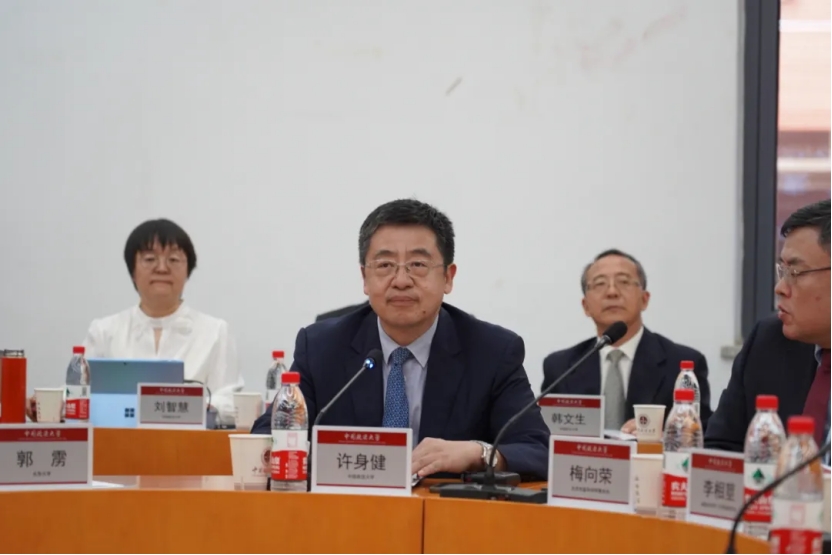
Professor Wenyi Huang presented on "Thoughts and Exploration on the Cultivation of Foreign-Related Legal Talents." He emphasized that cultivating high-quality foreign-related legal talents is a critical and urgent mission in China. He highlighted complexities and uncertainties in supply, demand, and market dynamics and shared Renmin University's strategies, including open selection and integrated undergraduate-to-PhD programs, collaborative training mechanisms, and diversified teaching development models, all guided by Xi Jinping's thought on the rule of law.
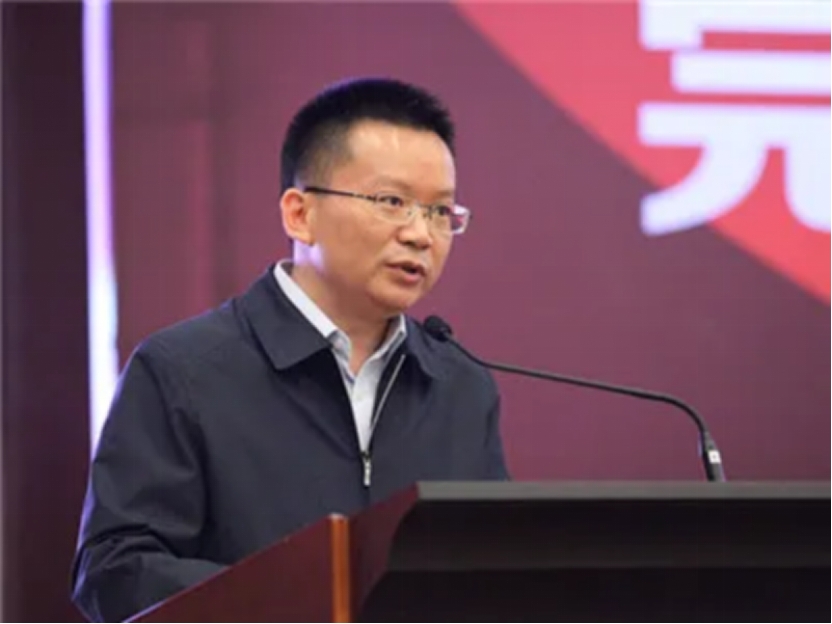
Mr. Xiangrong Mei delivered a report titled "Cultivating International Legal Talent." He underscored the importance of foreign-related legal services, aligning with President Xi Jinping's vision of building a community with a shared future for mankind. He proposed a global vision for legal service ecosystems, integrating talent, technology, and digitization, while encouraging students to approach foreign-related legal challenges through multidisciplinary vision.
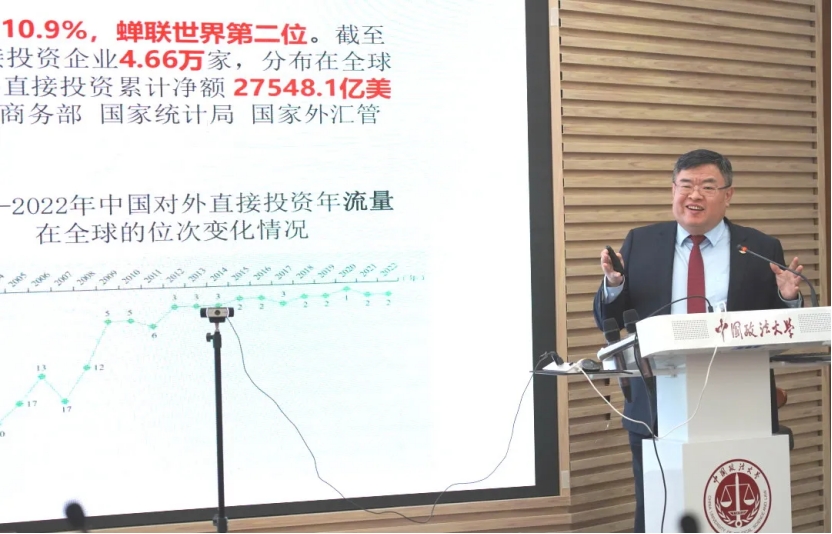
Professor Li Guo Spoke on "The Peking University Approach on Cultivating Foreign-Related Legal Talents." He discussed the university’s student-centric approach, emphasizing diverse courses, case studies, and practical training. Guo highlighted achievements in building international networks with 123 global institutions and noted students' successes in international moot court competitions.
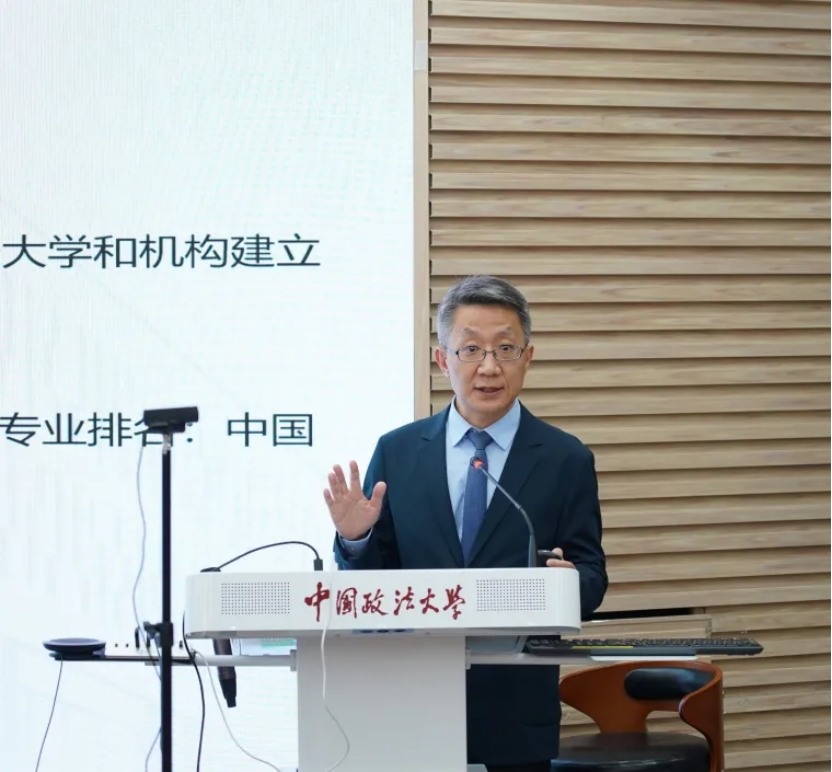
Professor Mark Wu delivered a report on "Legal Education and the Transformation of the International Trade Order." He addressed challenges posed by AI and technological advancements, emphasizing the need for morally sound and innovative legal professionals. Wu highlighted the shifting priorities within the WTO system and the need for education to adapt to these global changes.

Professor Lee Sang Kyung presented on "The Korean Law School System," elaborating on its reform, current state, and future challenges. He discussed the new system’s admission processes, training models, and the ongoing efforts to enhance legal services for Korean citizens.
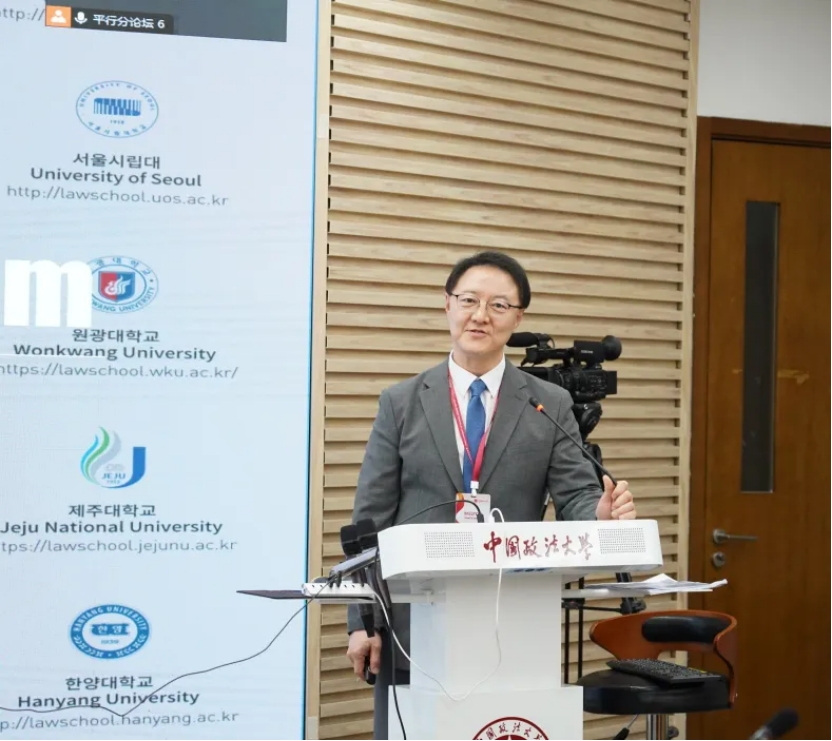
Professor Yukinori Udagawa gave a keynote on "AI and Legal Education: Practices at School of Law in University of Nagoya." He shared innovative collaborations between law and information schools, including AI-assisted transcription systems and legal language translation tools. Professor Udagawa also acknowledged challenges they have encountered, such as AI's limitations in cultivating legal reasoning.

Professor Xiaying Mei spoke on "The Future Paradigm of Digital Legal Studies." He highlighted the impact of digitalization on legal disciplines and the importance of creativity and personalized education in the era of AI.
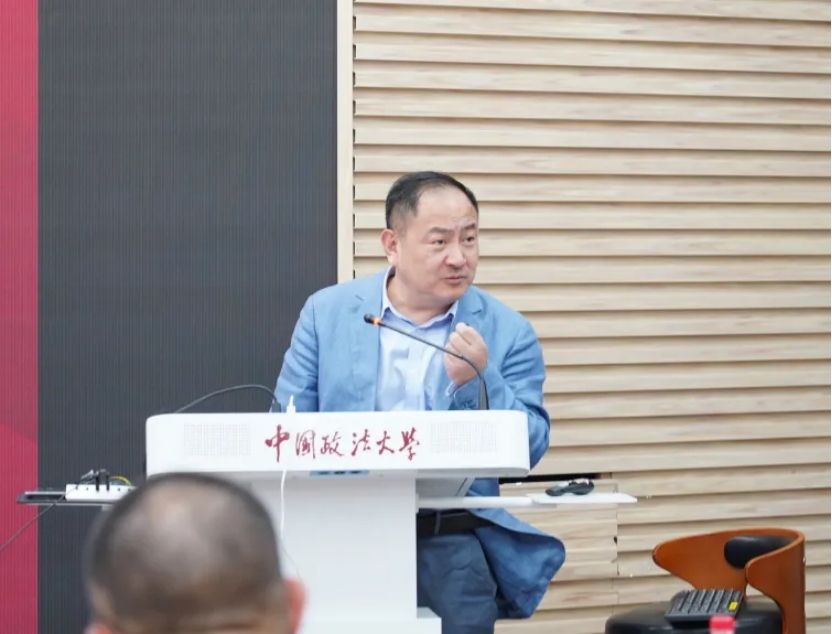
Assistant Professor Mitsuki Hirai presented on "Legal Philosophy Education in the Age of Advanced Technology." Hirai emphasized the need for new theoretical frameworks to address ethical and legal challenges arising from technological advancements, advocating for closer collaboration between legal and natural sciences.
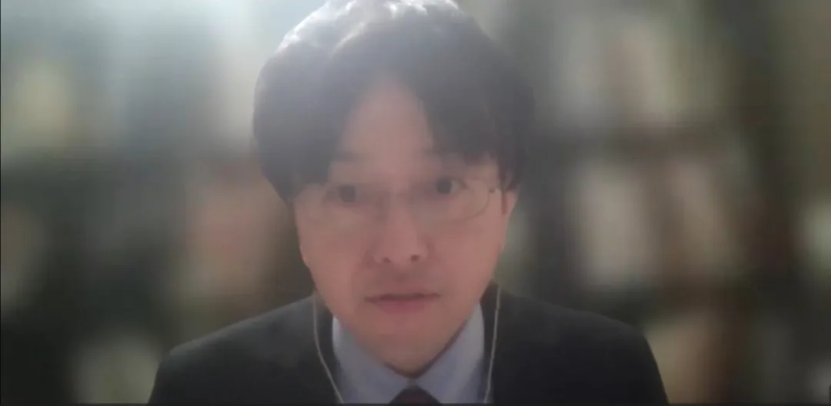
Professor Shenjian Xu summarized the discussions and expressed gratitude to the guest speakers for their valuable insights, and their contributions to the reform of legal education and the cultivation of legal talents in the School of Juris Master, CUPL. He called for global collaboration among legal scholars to create a brighter future for legal education. The parallel session concluded successfully with warm applause.
